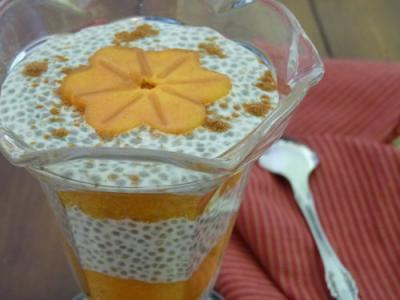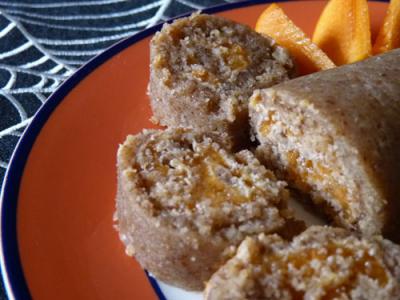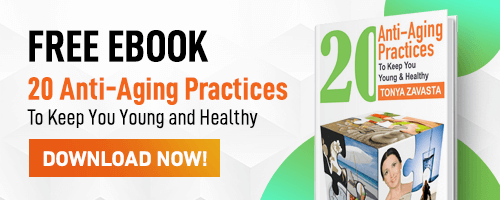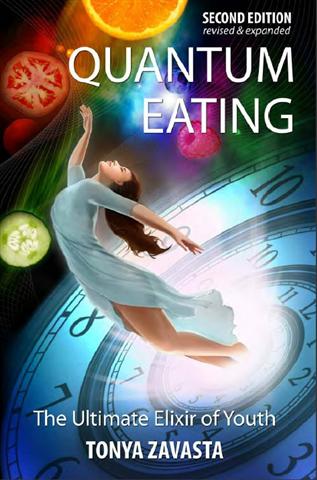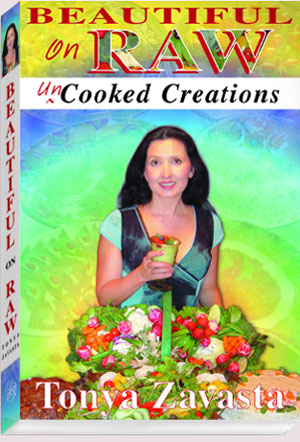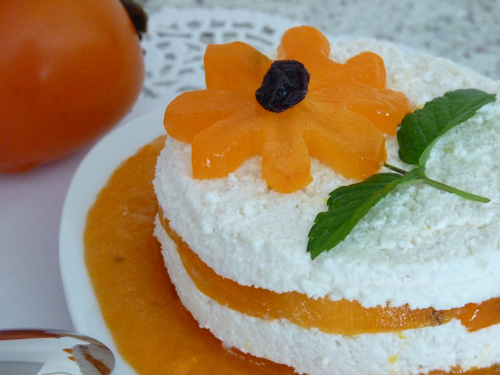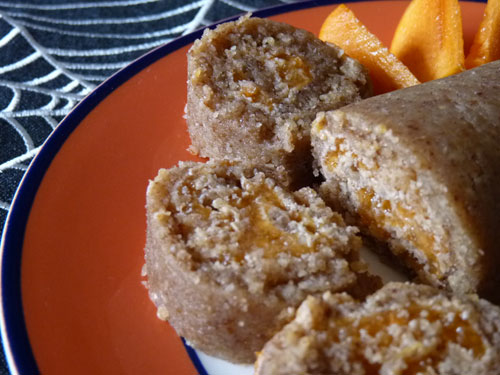Persimmon Health Benefits
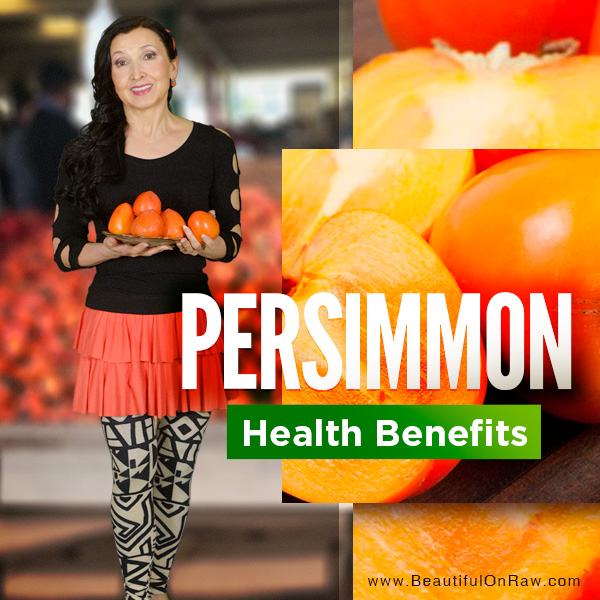
Why Persimmons are Good for You. The average persimmon contains 118 calories, one gram of protein, 0.3 grams of fat, six grams of fiber, and 31 grams of carbohydrates. They deliver hefty proportions of the recommended daily intake of several vitamins and minerals: 55% of vitamin A, 30% of manganese, 22% of vitamin C, 9% of copper, 8% of potassium, 8% of vitamin B6, 6% of vitamin E, and 5% of vitamin K.
But that’s not all. Persimmons are precious for their concentration of iodine. One microgram of iodine is found in each fruit. But why is this important? Iodine boosts the function of the thyroid, which helps regulate just about every other system in the body. Iodine also aids in increasing some anti-oxidants in preventing free-radical damage. Iodine is found in every single one of the body’s trillions of cells. It has been called the “universal health nutrient” because contributes to your health in countless ways.
Iodine deficiencies can result in low blood pressure, hair loss, and unhealthy, brittle nails. When you have enough iodine in your body, your skin and nails are healthier, your hair follicles are stronger, and your hair is fuller and thicker overall.
When most people think of iodine-rich foods, various forms of seaweed come to mind. There are other sources, in addition to persimmons, that will provide iodine. Among these are watercress, pineapple, strawberries, and bananas, all of which are a part of a raw-foods lifestyle.
More about persimmon varieties and benefits you can find in my other article, written about 8 years ago: Persimmons Fruit Benefits. As you can see, I am very faithful to persimmons. I have been eating them in season all these years and I still love them.
How to Store Persimmons
Persimmon is available for such a short period of time. Typically in season from October through February, persimmons vanish from stores, and our diets, for the rest of the year.
I eat them every day when they are in season. Now I’ve discovered that I can also have them after the season has gone!
If you take ripe persimmons and put them in the freezer, they’ll last much longer. One of the first articles I wrote for my website was about freezing fruits and vegetables. The main point of this article was that freezing affects the quality and that fresh is always better than frozen. But we don’t live in a perfect world, and persimmons make a nice exception. This fruit freezes very well, and I’m almost unable to tell a frozen one from a fresh one. Do not freeze unripe, hard astringent persimmons. They will become soft after freezing but will remain unpalatable. Allow them to ripen first.
Unripe fruit is not good for you—that’s true for all fruits. But it’s more so for astringent persimmons. They contain tannin, the same component present in tea. Too much of it, and you’ll end up in hospital with some stomach blockage.
Put your ripe persimmons into individual freezer bags, place them on a tray so they don’t get squashed, and freeze. When you’ve run out of fresh persimmons, you’ll have a ready supply on hand. Astringent and non-astringent ripe persimmons freeze well and taste great after thawing.
How to Eat Persimmons
I eat them as I would any fruit. I put them in salads, in raw pies, and in a morning smoothie, in which I include one raw persimmon, one banana, 1 Tbsp of hemp seeds, and coconut water. Nutritious, delicious, and refreshing!
